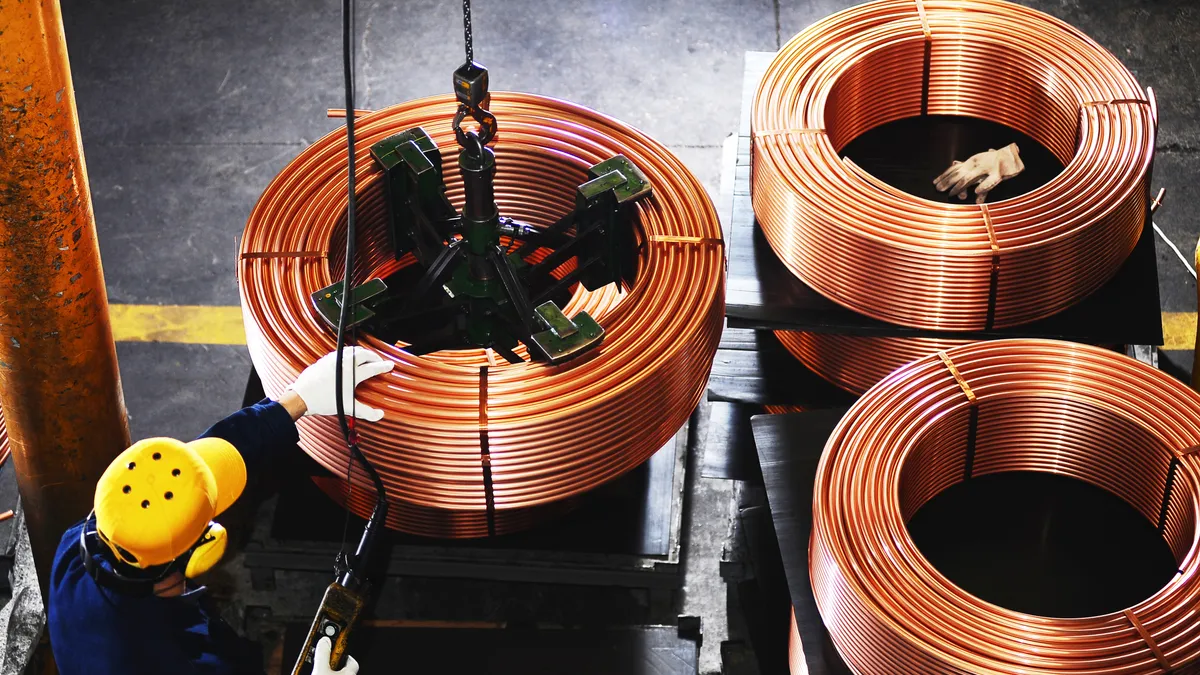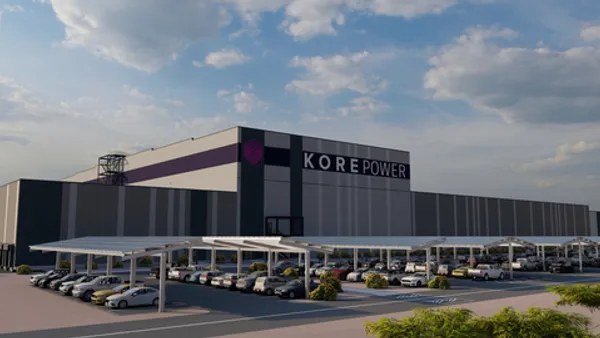Dive Brief:
- The maker of Ski-Doo snowmobiles is bracing for the impact of tariffs on its operations, as it navigates higher costs for the steel and aluminum needed to make its powersport vehicles.
- Bombardier Recreational Products CFO Sébastien Martel told investors in a March 26 earnings call to expect a $40 million impact on the business, assuming the current tariffs in effect were unchanged throughout the upcoming fiscal year.
- However, Martel said, the situation is “very fluid and we are continuously refining our assessment of the potential cost of these tariffs on our business” and as they relate to BRP’s tier 2 and tier 3 suppliers.
Dive Insight:
BRP provided no official outlook guidance in its earnings report for the fiscal year that ends Jan. 31, 2026, citing trade policy uncertainty among the world’s leading economies.
The Canada-based company operates 14 manufacturing sites around the world, including locations in Lansing, Michigan; St. Peter, Minnesota; Spruce Pine, North Carolina and Sturtevant, Wisconsin, according to an investor filing. The U.S. facilities primarily make pontoon and aluminum fishing boats, as well as aircraft systems and components for Rotax combustion engine products.
So far all of BRP’s vehicles produced in Canada and Mexico are compliant with the United States–Mexico–Canada Agreement and exempt from President Donald Trump’s additional 25% tariffs on imported goods from the countries, Martel said in a recent earnings call.
“We currently have operations in a supply chain across all three countries and consequently the ongoing tariff disputes are impacting our business, our suppliers and our customers,” Martel said regarding the company’s North American operations.
Sea-Doo watercraft and offroad vehicles, such as ATVs and side-by-sides, are mostly made in Mexico, while Ski-Doo snowmobiles are made in Finland or Canada, according to the investor filing.
Currently, BRP has limited exposure to tariffs on imports from China into the U.S. and imports from the U.S. into Canada, Martel said. The company is also affected by the 25% tariffs on aluminum and steel imported into the U.S., mostly in its parts and accessories business, he added.
To mitigate tariff effects, BRP began front-loading U.S. shipments and renting warehouses for additional capacity last year, CEO José Boisjoli said on the call, which has created about a month-long supply buffer for the company.
“Even if it’s too early to ship them to the dealers, we cross the borders and our warehouses that we have in the U.S. are always full,” Boisjoli said.
BRP reported revenue of 2.1 billion Canadian dollars ($1.5 billion) in the fourth quarter, a 20% decline from the same period a year ago, driven by lower shipments and higher sales programs. The company also posted a net loss of CA 44.5 million ($31.1 million) for the three months that ended Jan. 31, about a 115% decline from a year ago.
While BRP provided no official outlook, Martel said the company is starting to see the effects of trade volatility on customer demand, with earnings per share for the quarter ending April 30 expected to be down 70% over last year.
“We are seeing the uncertainty created by the situation starting to impact the economy and the consumer confidence which makes it very difficult for us to properly forecast our industries and the demand for our products with the level of confidence we require,” Martel said.












